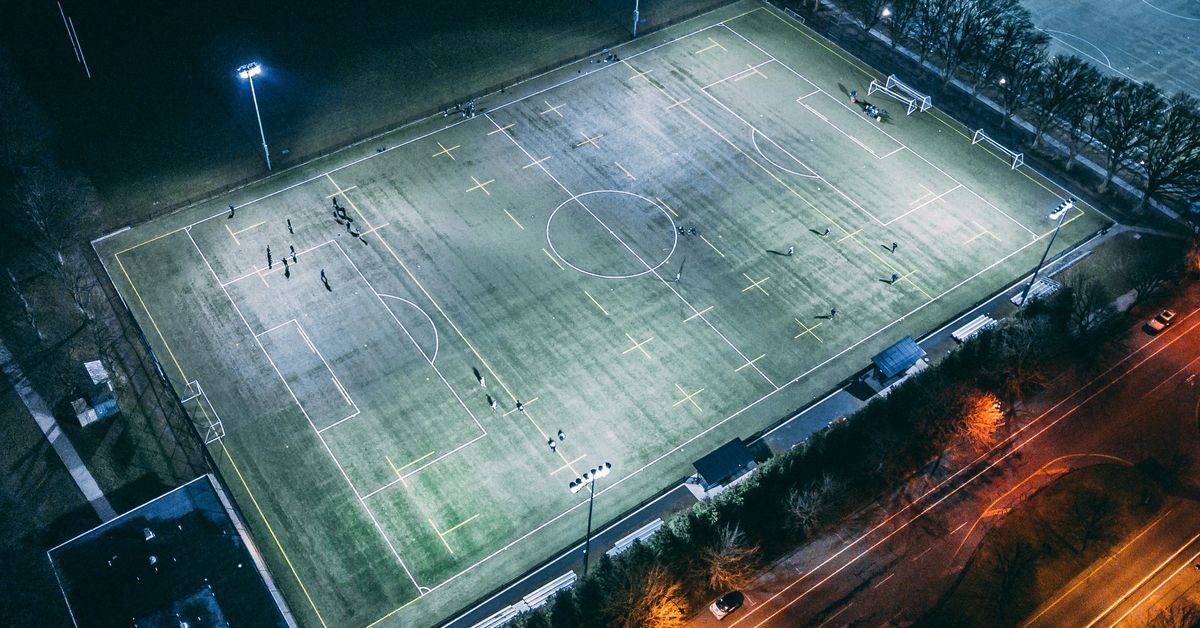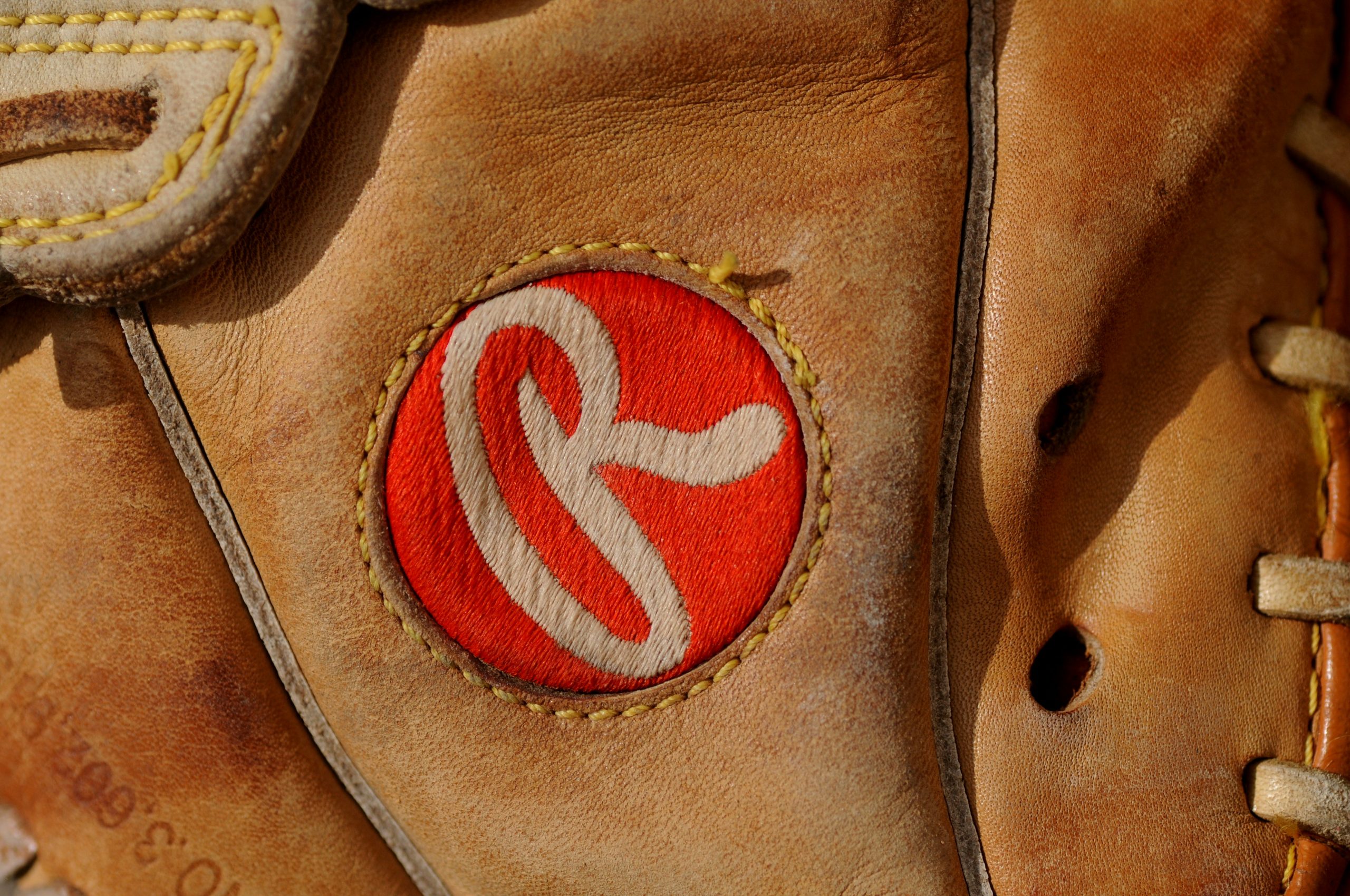
Mental Health Support for Collegiate Athletes
Competing as a collegiate athlete can be exhilarating and fulfilling, but it also comes with unique pressures that can impact mental health. Universities and sports organizations are increasingly recognizing the importance of providing robust mental health support to student-athletes to ensure their overall well-being and performance. Heres a comprehensive look at the various aspects of mental health support available for collegiate athletes.
Understanding the Challenges
Collegiate athletes often face a range of challenges that can affect their mental health:
- Performance Pressure: The pressure to perform at high levels consistently can lead to stress, anxiety, and self-doubt.
- Injury Concerns: Injuries are common in sports and can be psychologically challenging, affecting confidence and causing frustration.
- Academic Demands: Balancing athletic commitments with academic responsibilities can create stress and time management challenges.
- Identity Issues: Athletes may struggle with identity outside of their sport, which can affect self-esteem, especially after graduation or in the event of career-ending injuries.
Support Systems in Universities
Universities have developed comprehensive support systems to address the mental health needs of collegiate athletes:
- Professional Counseling: Many universities provide access to licensed counselors who specialize in working with athletes. These counselors understand the unique challenges athletes face and can provide tailored support.
- Peer Support Programs: Peer support programs pair athletes with older teammates who can provide guidance and mentorship, offering a more informal support system.
- Workshops and Seminars: Educational workshops and seminars on topics like stress management, resilience building, and mental health awareness are often offered to athletes.
- Access to Psychiatrists and Psychologists: Some universities have partnerships with mental health professionals who can offer specialized care, including therapy and medication management if needed.
Role of Coaches and Staff
Coaches and athletic staff play a crucial role in supporting the mental health of athletes:
- Open Communication: Coaches who foster open communication create an environment where athletes feel comfortable discussing their mental health concerns.
- Mental Skills Training: Providing training in mental skills such as visualization, goal-setting, and relaxation techniques can enhance performance and resilience.
- Monitoring Athlete Well-being: Regular check-ins and monitoring of athletes well-being allow coaches to intervene early if issues arise.
Case Studies and Success Stories
Several universities have implemented successful mental health programs for athletes:
At Ohio State University, the Scarlet and Gray Mindfulness program has been instrumental in helping athletes manage stress and improve focus during competition.
These programs often involve collaboration between athletic departments, counseling services, and sports medicine to ensure holistic support for athletes.
Challenges and Future Directions
Despite advancements, challenges remain in providing effective mental health support:
- Stigma: Overcoming the stigma associated with seeking mental health help remains a barrier for some athletes.
- Resource Allocation: Ensuring adequate resources and funding for mental health programs can be a challenge for universities.
- Continued Education: Ongoing education and training for coaches and staff on mental health issues are essential.
Conclusion
Overall, mental health support for collegiate athletes is crucial for their well-being and athletic success. By implementing comprehensive support systems, universities can help athletes navigate the challenges they face and thrive both on and off the field.
As awareness grows and more resources become available, the future looks promising for the mental health of collegiate athletes, ensuring they can excel in their sports while maintaining good mental health.



